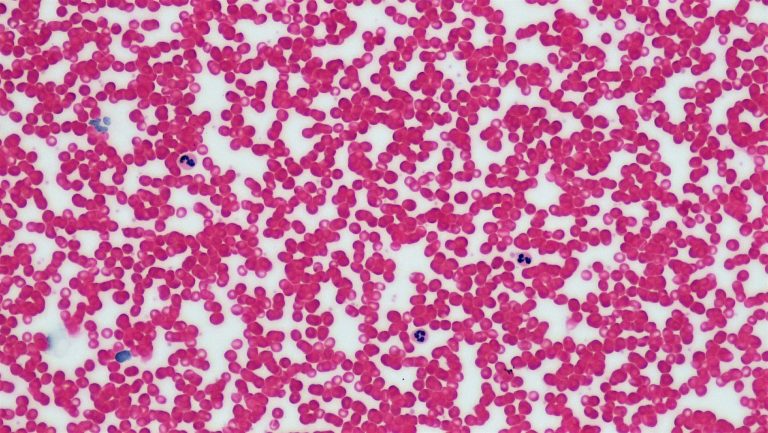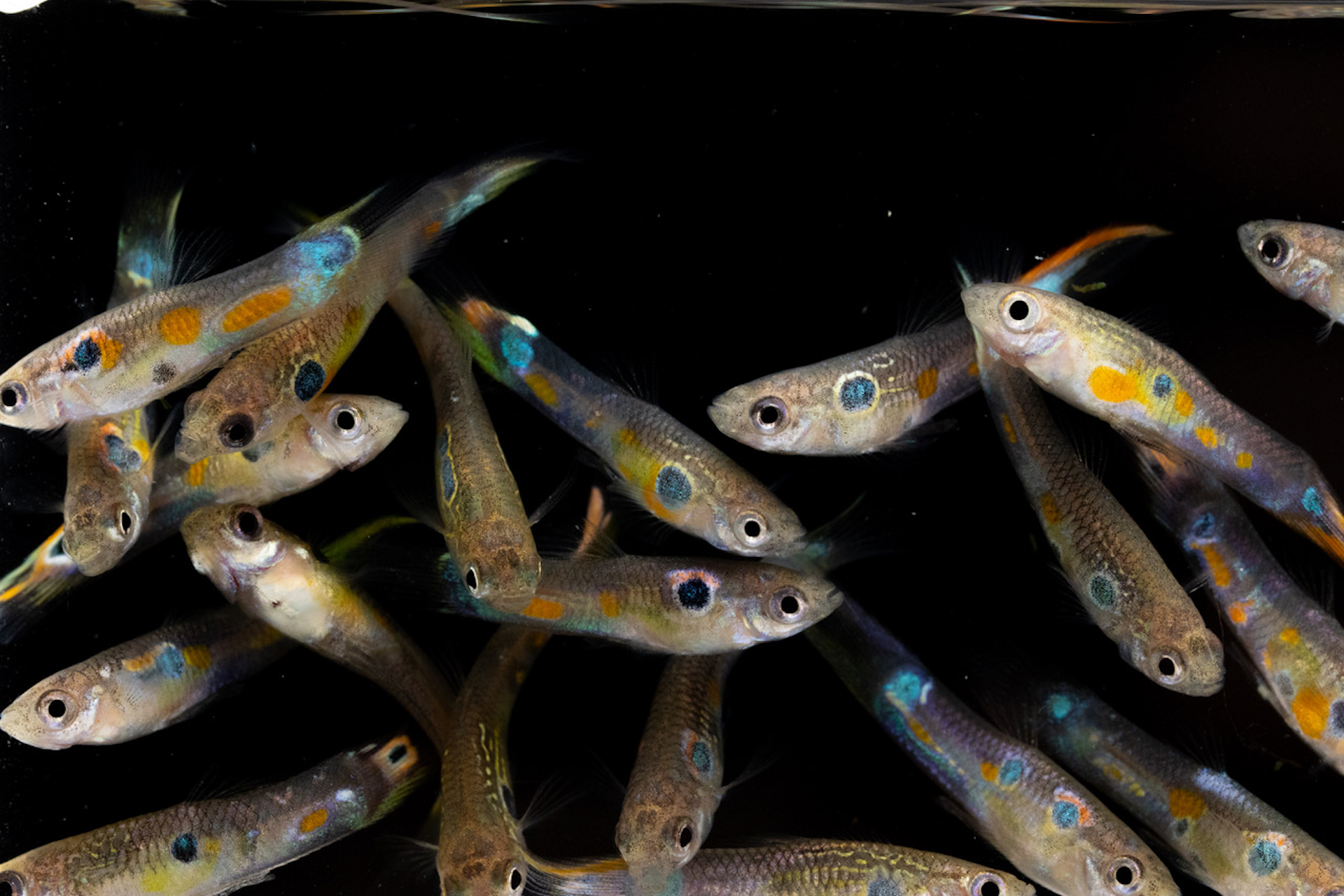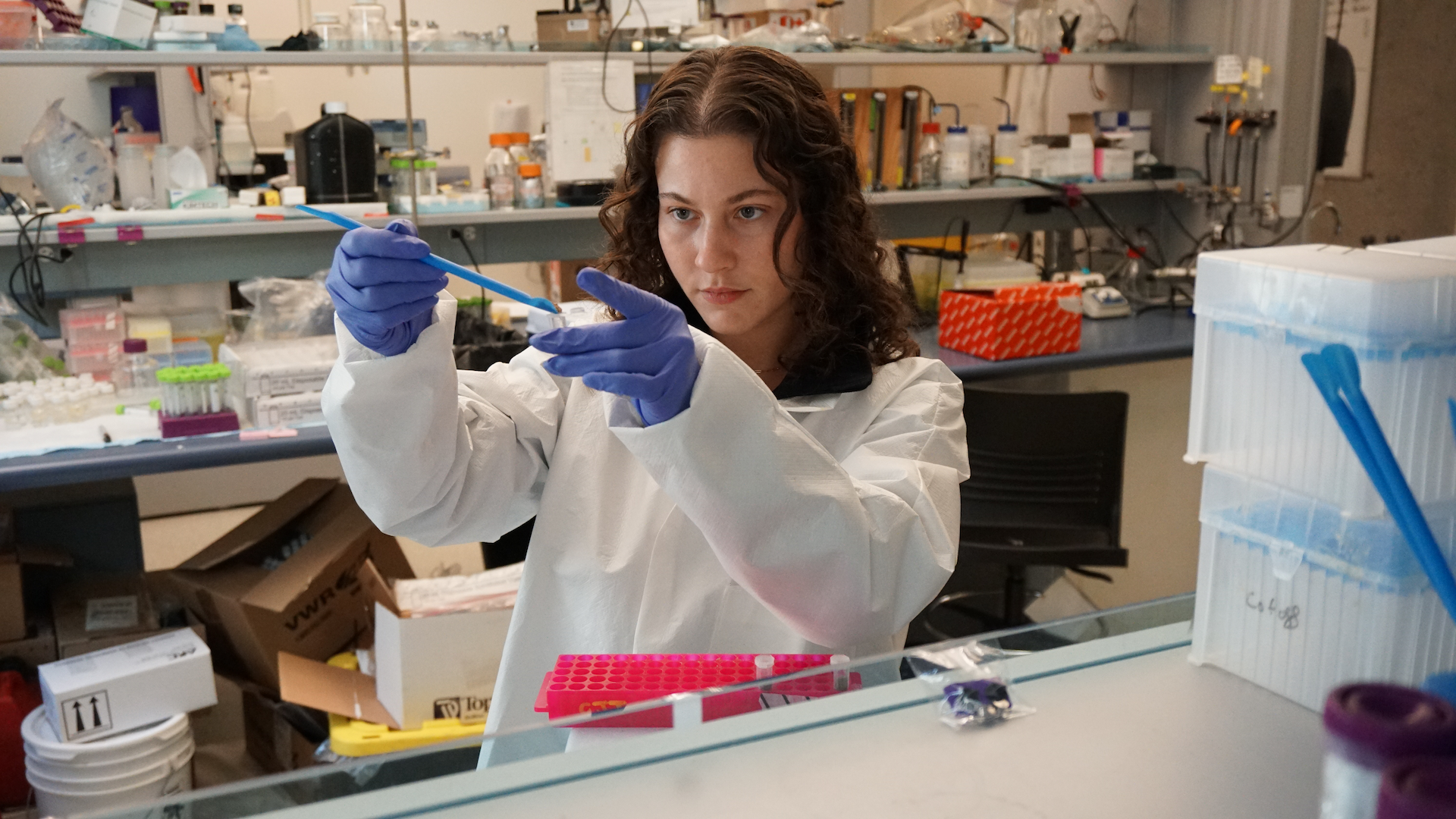-

Men place less value on care-oriented careers like nursing: UBC study
Men assign less importance in care-oriented careers than women, possibly because men internalize different values than women, suggests new research from the University of British Columbia.
-
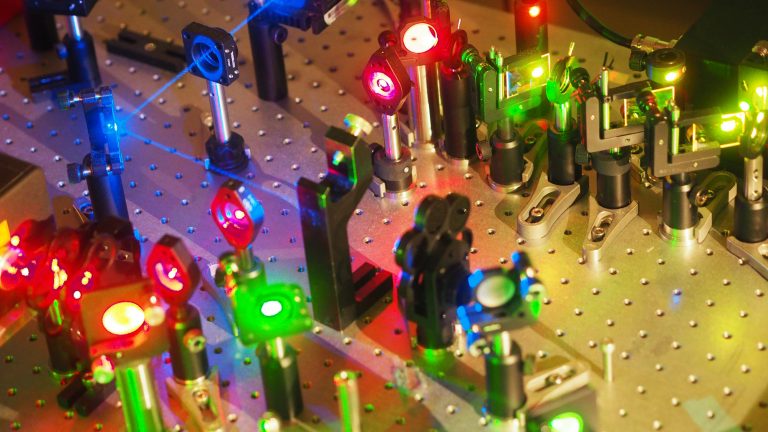
Super-resolution microscope reveals secrets of deadly Nipah virus
The deadly Nipah virus and others like it assemble themselves in a much more haphazard manner than previously thought, new UBC research has found. The discovery could allow scientists to develop more effective vaccines and rule out many approaches to fighting these viruses.
-
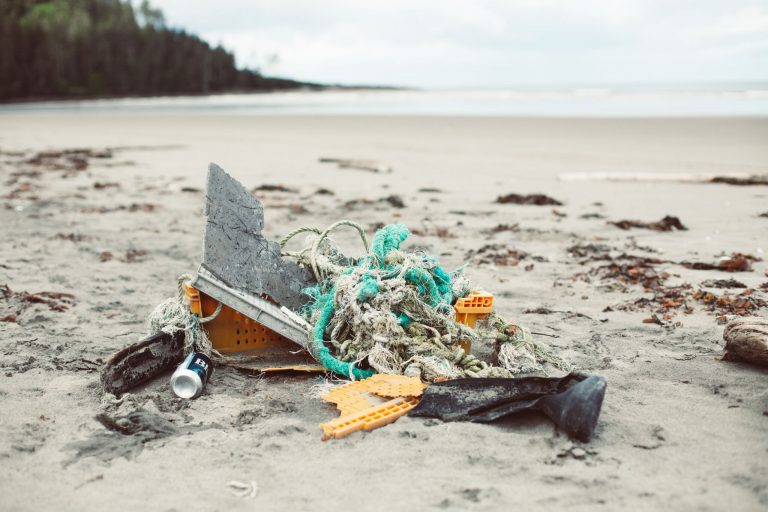
Cigarettes account for half of waste recovered on Vancouver and Victoria shorelines
Plastic waste—particularly from smoking-- still dominates litter collected from B.C. coastlines, a recent study from the University of British Columbia has found.
-
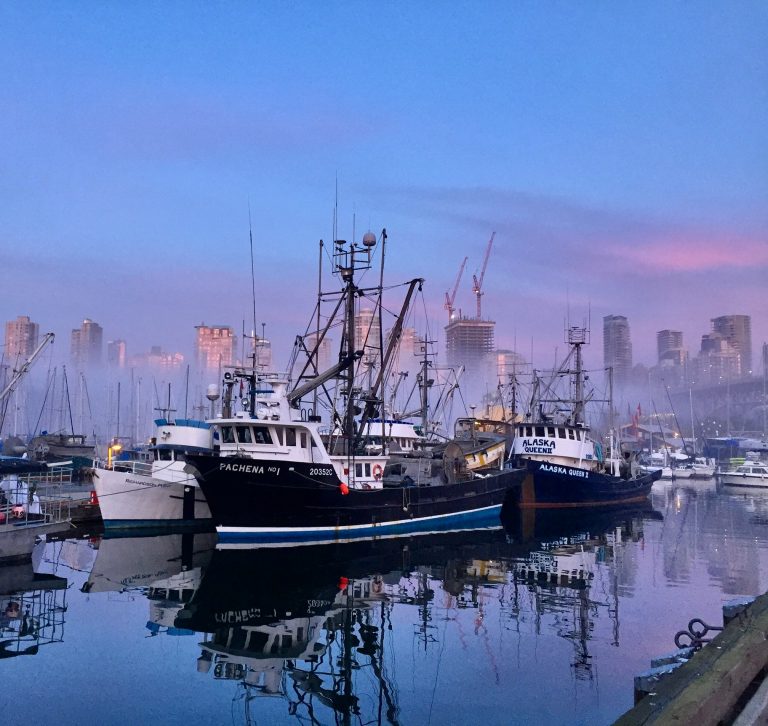
Fishing fleets travelling further to catch fewer fish
Industrial fishing fleets have doubled the distance they travel to fishing grounds since 1950 but catch only a third of what they did 65 years ago per kilometre travelled, a new study has found.
-
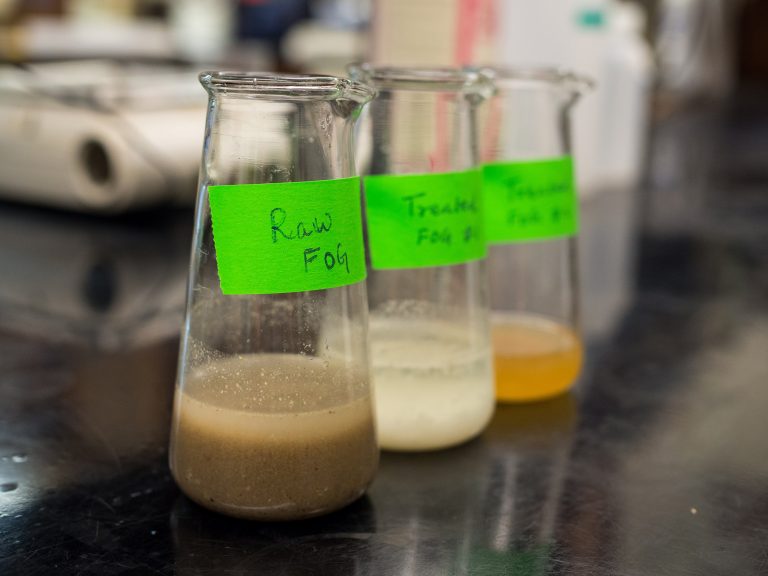
Breaking up ‘fatbergs’: UBC engineers develop technique to break down fats, oil and grease
Cooking oil and similar waste can clog pipes, harm fish and even grow into solid deposits like the “fatbergs” that recently blocked London’s sewage system. But UBC researchers may have found a way to treat these fats, oils and grease—collectively called FOG—and turn them into energy.
-
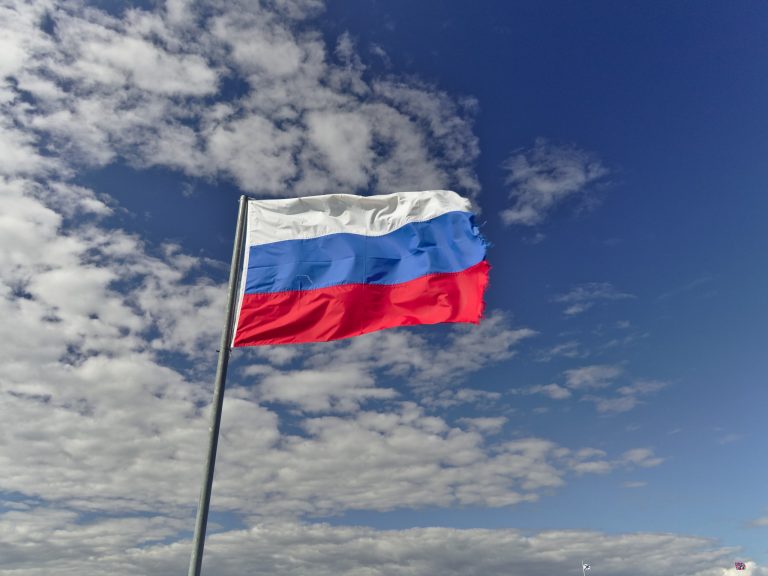
UBC expert explains modern Russia, the cult of Putin and kompromat
As U.S. special counsel Robert Mueller's investigation into Russian interference in the 2016 U.S. presidential campaign intensifies, Lisa Sundstrom, associate professor of political science, discusses President Vladimir Putin’s motivations, Russian sentiment and the history of kompromat (Russian for “compromising material”).
